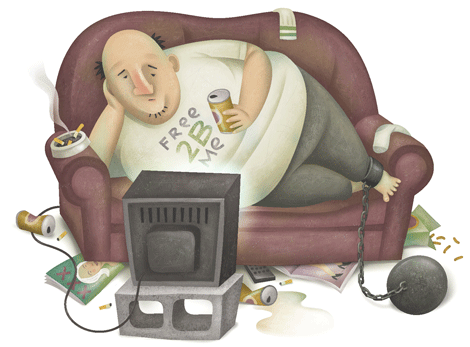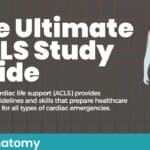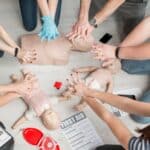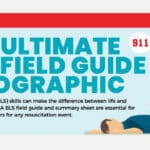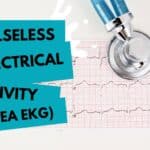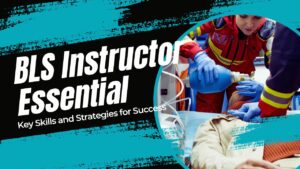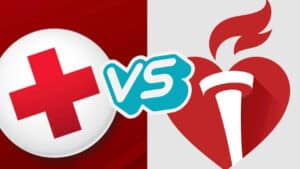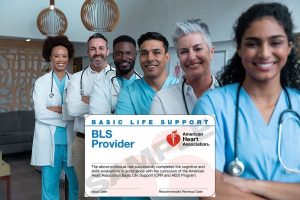What is the greatest risk for heart disease? According to the American Heart Association, confirmed by research conducted by universities around the world, three specific conditions have been identified as the greatest contributors to heart attack in the obese or overweight individual: high blood pressure, elevated serum cholesterol and elevated blood glucose. Per the Harvard School of Public Health and the American Heart Association:
Boston, MA — Controlling blood pressure, serum cholesterol, and blood glucose may substantially reduce the risk of heart disease and stroke associated with being overweight or obese, according to a study from a worldwide research consortium led by a team from Harvard School of Public Health (HSPH), Imperial College London, and the University of Sydney. Among the three factors, high blood pressure was found to pose the biggest risk for heart disease, and an even bigger risk for stroke, among overweight or obese participants.
“Our results show that the harmful effects of overweight and obesity on heart disease and stroke partly occur by increasing blood pressure, serum cholesterol and blood glucose. Therefore, if we control these risk factors, for example through better diagnosis and treatment of hypertension, we can prevent some of the harmful effects of overweight and obesity,” said senior author Goodarz Danaei, HSPH assistant professor of global health.
The study appears online November 22, 2013 in The Lancet.
Decrease Obesity to Lower Your Heart Disease Risks
While these researchers advocate for control of these risk factors, a global effort to decrease obesity in populations world-wide is highly suggested to lower the risk for heart disease and cancer. Decreasing blood pressure is the next suggested focus with a direct impact on positive outcomes for lowering heart attack and stroke.
With the steady increase in world-wide obesity (the rate has doubled since 1980), the challenge is to encourage a pro-active wellness modification in lifestyle for those who remain overweight. Education with a focus on a “wellness approach” to healthcare seems to make the difference in preventing heart attack and stroke – versus treatment of the symptoms and risk factors, such as hypertension, elevated serum cholesterol and diabetes, once present. Heath care professionals would do well to take a pro-active approach with their patients utilizing education and implementing programs designed to promote health instead of focusing solely upon the disease.
Sure Fire CPR provides courses with a proactive approach to community involvement in pre-hospital intervention for emergencies. Classes in Basic Life Support and First Aid are available for those individuals not employed in the healthcare field. Encouraging communities to be CPR ready in advance of a life-threatening event saves lives.
For those working as health care providers, Sure Fire CPR also offers advanced life support classes: ACLS, PALS and NRP. Recertification courses are available to meet varied schedules with hands-on training approved by the American Heart Association. Instructors who work in pre-hospital emergency service are able to train medical professionals with the skills required to save a life.
Sign up now with Orange County’s Sure Fire CPR and be prepared to educate, support healthy lifestyles and provide emergent life-saving skills. Be proactive – be ready to save a life.

